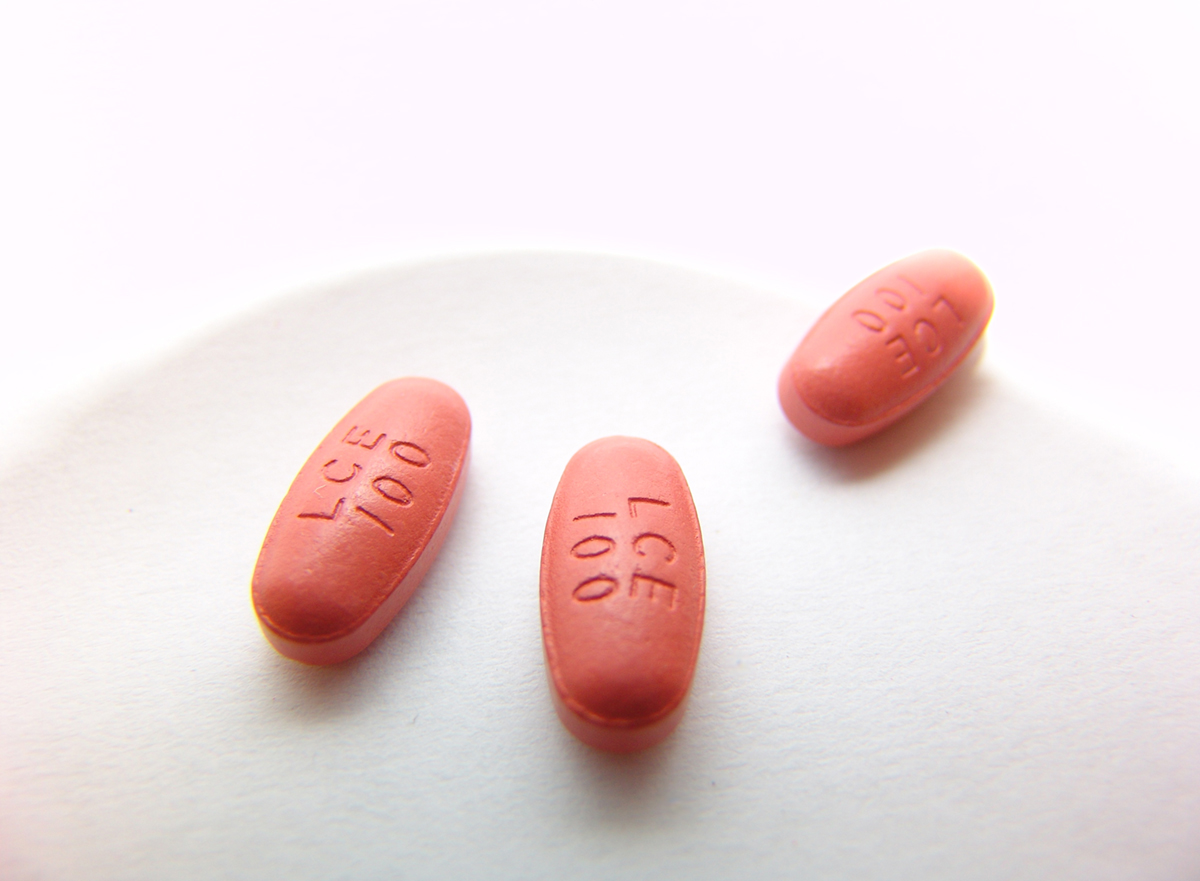
Medications for Parkinson’s disease (PD) do not cure the illness, but are helping people who suffer from PD with the symptoms.
It is necessary to understand and obey the protocol for taking these medications which your doctor prescribed. There are general combinations of medications used in PD, but the specialist would decide which medications are giving the best result. Doctor will determine the drugs keeping in mind current health condition, medication already used and the patient’s age. The dose depends on mostly on patient’s metabolism and their needs.
There are several different groups of medications used to treat Parkinson’s disease: therapy that includes Carbidopa and Levodopa, dopamine agonists, anticholinergics, MAO B inhibitors, COMT inhibitors and some other medications.
Carbidoba/Levodopaor Sinemet® Levodopa is converted to dopamine in the brain. Dopamine than activates the dopamine receptors and provide normal function of the center in the brain responsible for movement. This medication is used for over 40 years and it is still the most effective of all.
Combined tablets Levodopa plus carbidopa (Sinemet®) allow more levodopa to get to the brain, without the losses of the substance when converted in the bloodstream. Plus sides of Sinemet are smaller dose of levodopa and lesser side effects because of the added carbidopa. The negative side effects remain – spontaneous, involuntary movement, called dyskinesias, and “on-off” periods, when medications just stop to be effective.
Stalevo® is a combination of three medications: carbidopa, levodopa and entacapone. It is used when patients experience wearing off of the medications. Added entacapone increase the time during which levodopa is active in the brain.
Many medications interact with with carbidopa, levodopa and entacapone, and with Sinemet and Stalevo, also. You should inform the doctor if you’re taking antacids, anti-seizure medications, anti-depressants, medications for high blood pressure or you are on a high protein diet.
Medicationscalled dopamine agonists stimulate parts of the brain that receive dopamine, tricking the brain to think it receives dopamine. These medications could be used with the levodopa medications or taken alone. Bromocriptine (Parlodel®), pramipexole (Mirapex®) and ropinirole (Requip®or RequipXL®) are the dopamine agonists available in the United States. Some earlier products, like pergolide (Permax) and Neupro® (rotigotine transdermal system) are recalled from the market. Interactions are possible when using alcohol, anti-psychotics, medications for lowering blood pressure, Navane® , Taractan®, Haldol®, Reglan®, phenothiazines, thiozanthenes, cimetidine, phenothiazines, butyrophenones, Cipro® andbenzodiazepines.
Another type of PD medications are anticholinergics as trihexyphenidyl, benztropine mesylate, procyclidine and some others. They decrease the amount of acetylcholine in the brain, balancing out the production of dopamine, and are usually used for mild cases of PD. Side effects are blurred vision, urinary retention and dry mouth, and in elderly these medications could cause hallucinations and confusion. For that reasons anticholinergics are not used in older patients. There is a need to consult a doctor f you are already using anti-histamines, Haldol®, Thorazine®, Symmetrel®, Clozaril® or alcohol.
MAO B inhibitors includes medications as selegiline and deprenyl (Eldepryl®). They are blocking the enzyme which destroys levodopa, and if the medication is used with Sinemet® it may boost the therapeutic effects of Sinemet. Possible interactions include anti-depressants, narcotic pain killers and decongestants, and you should always check with the doctor if you are using those.
Entacapone (Comtan®) is an COMT inhibitor, and it must be combined with levodopa. It also blocks the enzyme which destroys levodopa, thus providing constant supply of levodopa to thebrain.
Possible OTC (over the counter) medications for PD treatment include Coenzyme Q10, Vitamin E, C, fermented fruits (papaya, blueberries) and creatine. It is important to consult the doctor if you are using any of these products.


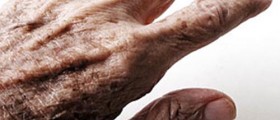





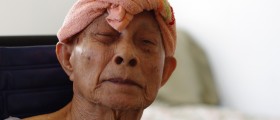
-When-You-Have-Parkinson's-Disease_f_280x120.jpg)




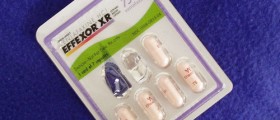
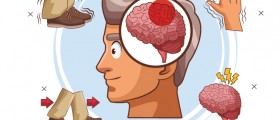

Your thoughts on this
Loading...